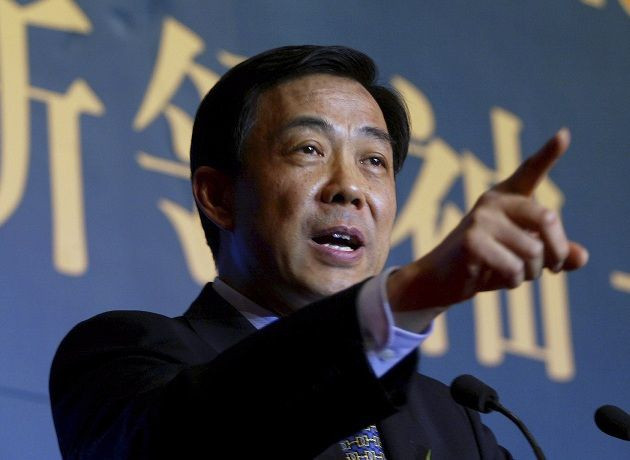Wall Street Journal Didn’t Pay Bribes In China, Says Publisher Dow Jones, As Justice Department Investigates

The Chinese government doesn’t like some of the news reports published about it by the Wall Street Journal, and that’s why an anonymous informant has stepped forward to accuse the newspaper of offering officials bribes in return for access to information for its news coverage.
At least that’s what the newspaper’s publisher, Dow Jones & Co., is saying is the real reason behind a Justice Department inquiry opened last year after the unnamed whistleblower came forward with the accusations.
The allegations entail more than a breach of journalistic ethics. The Wall Street Journal, Dow Jones and their parent, New York City-based News Corp (Nasdaq:NWSA), are subject to the Foreign Corrupt Practices Act, or FCPA, of 1977, which prohibits companies headquartered in the U.S. from offering money or gifts to foreign government officials in order to gain an advantage in business in their countries. The law is the basis upon which the Justice Department launched its inquiry.
"After a thorough review of our operations in China conducted by outside lawyers and auditors, we have not found any evidence of impropriety at Dow Jones,” Dow Jones spokesman Paula Keve said in a written statement published in a Journal report Sunday evening.
“The allegations of gifts in China went beyond the typical meals or drinks shared by reporters,” the Journal report stated. They include “lavish entertainment and travel.”
The allegations come as the Justice Department is winding down its investigation into the unrelated phone hacking and bribery scandal by News Corp.’s British tabloids.
The China allegation comes amid accusations by majors news organization that claim hackers based in China have been trying to infiltrate their computer networks. The Wall Street Journal, the New York Times Company (NYSE:NYT), Bloomberg LP and, most recently, the Washington Post Company have all said their newsroom computers had been penetrated through China-based servers. The infiltrations began in 2008, according to a recent report in the New York Times.
The Journal says the accusation is likely stemming from the paper’s coverage of Bo Xilai, the former high-ranking Chongqing-based Chinese politician involved in a scandal around the poisoning death of a British businessman and the ensuing prosecution of the official’s wife.
The coverage of China's untouchable class of top officials has gotten Western media in trouble in the past. Late last year, New York Times correspondent Chris Buckley was forced to leave China after his visa was not renewed. And after the paper wrote about the finances of the family of Prime Minister Wen Jiabao, the paper’s sites were blocked in China to prevent its citizens from reading about the personal wealth amassed by its communist premier. Bloomberg News faced similar actions after reporting on the wealth of the country’s new leader Xi Jinping.
© Copyright IBTimes 2024. All rights reserved.






















